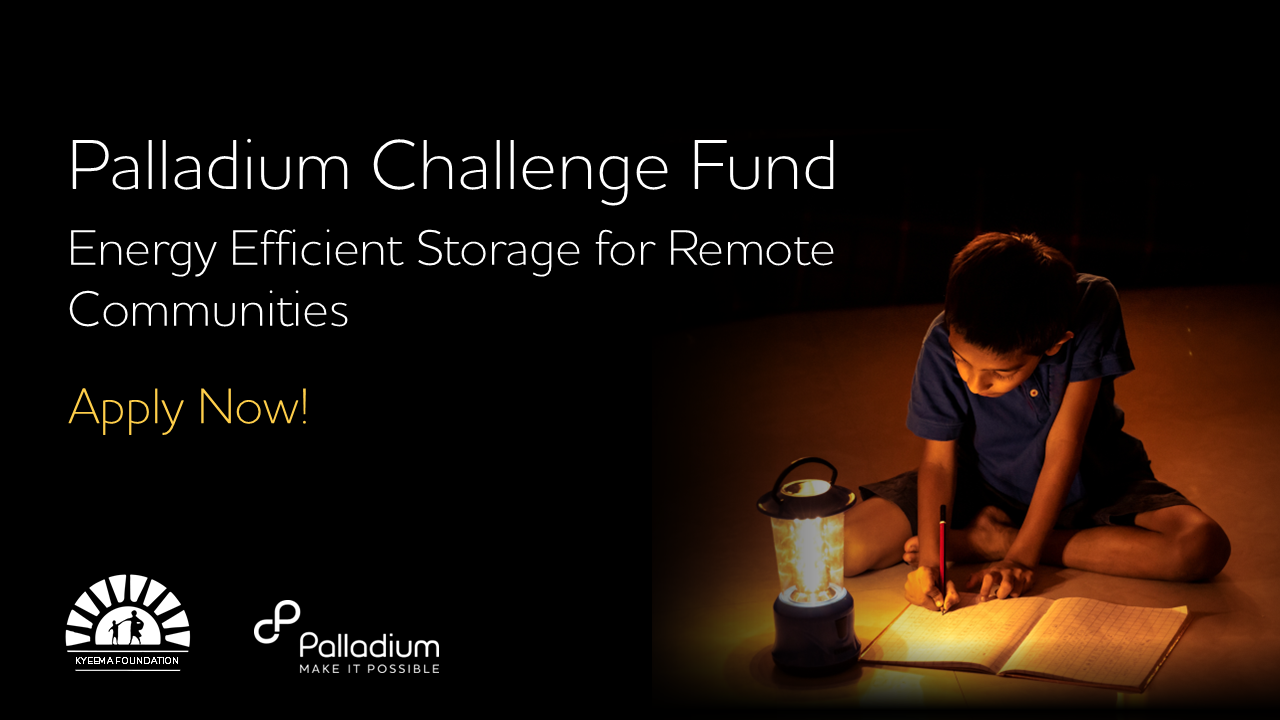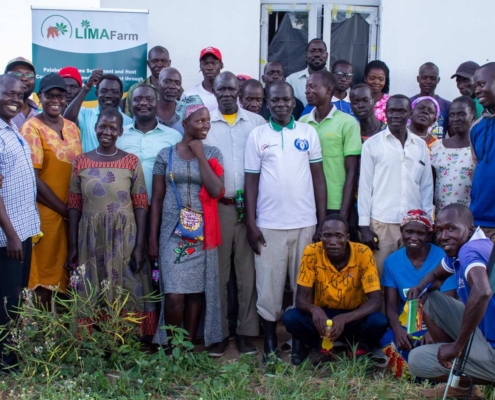Energy Efficient Storage for Remote Communities
In many parts of the world, remote communities face persistent energy instability. Unreliable grid connections, coupled with the intermittent nature of renewable sources, leave households and local businesses struggling to secure the power they need for daily life and economic development. With limited energy options available, these communities often endure high costs, unreliable services, and missed opportunities for sustainable growth.
This situation is compounded by a scarcity of effective storage solutions, which not only stifles development but also restricts access to critical services, deepening socio-economic disparities.
How can we transform the energy landscape in off-grid areas? The answer lies in deploying innovative, low-cost energy storage solutions that maximize the reliability and usability of renewable energy in these settings.
Helping remote areas achieve stable energy demands a fresh and pragmatic approach to energy storage. As Palladium CEO Sinéad Magill explains, “When we bring innovative energy storage to remote areas, we’re opening doors to economic growth and community empowerment. It’s not just about technology; it’s about transforming lives and building a future where every community thrives.”
Energy storage for remote communities requires thinking that is both fresh and practical.
Through this challenge fund, we aim unlock solutions that harness new technologies, forge dynamic partnerships, and deploy innovative approaches that ensure no community is left in the dark.
Innovation thought starters:
Repurposed Battery Systems: Develop modular energy storage units using repurposed lithium-ion batteries from electric vehicles or electronics, focusing on affordability and longevity for household or community use.
Thermal Energy Storage: Create systems that capture and store excess solar or wind energy as heat for applications such as cooking, water heating, or small-scale industrial processes. These systems could utilize locally available materials like phase-change substances or insulated tanks.
Compressed Air or Gravity Storage: Design simple, small-scale systems where excess renewable energy is stored either by compressing air or by lifting weights, with energy released on demand. These mechanical designs require minimal maintenance and are well-suited for remote environments.
Battery Recycling and Local Assembly Programs: Establish community-based workshops focused on recycling battery components and locally assembling energy storage units. This approach not only reduces waste but also creates job opportunities and builds local technical expertise.
Through this challenge fund, we are seeking proposals from organizations with groundbreaking ideas to revolutionize energy storage in remote communities. We invite you to share your innovative approaches that can:
- Pilot cost-effective and scalable energy storage solutions
- Enhance energy reliability and access in off-grid environments
- Foster local capacity and create sustainable economic opportunities
- Leverage partnerships across communities, governments, and the private sector





